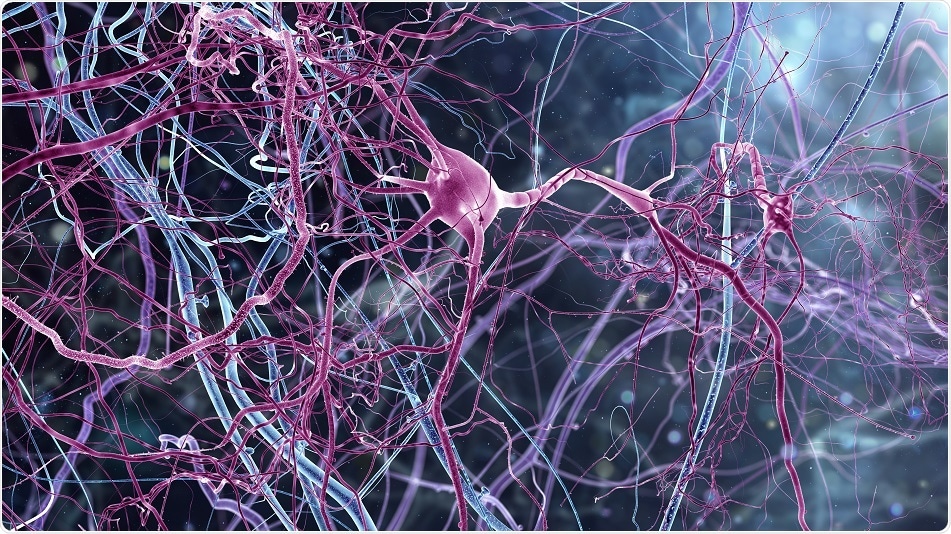
Study identifies neurons involved in control of aggression
Researchers from the Karolinska Insitutet in Sweden have made a new discovery about the biological mechanism underlying aggressive behavior.

Credit: Shutterstock / whitehoune
In a study of mice, they identified a group of brain cells that can be linked to aggressive behavior and manipulated to control the aggression response.
As reported in Nature Neuroscience, the team was able to control aggressive behaviour in the animals by inhibiting or activating the neurons.
Like all behaviour, aggression originates in the brain, but the neurons involved and how their properties contribute to the expression of aggression is poorly understood.
Now, a study of male mice has shown that neurons in the ventral premammillary nucleus (PMv) of the hypothalamus – a part of the brain that controls many fundamental drives – play an important role in initiating aggressive behavior.
When a new male was introduced to a cage where other males were living, the animals that responded by expressing aggressive behaviour had more active PMv neurons.
Using a technique called optogenetics, where light is used to control neurons, the researchers found that activating the PMv neurons induced aggressive behavior in situations where the animals do not usually attack. They also found that by inhibiting the neurons, they were able to interrupt an attack.
Mapping of these neurons also showed that they can activate other regions of the brain including reward centers.
Lead author Stefanos Stagkourakis says this could explain why mice naturally gravitate towards places where they have previously experienced an aggressive situation.
Stagkourakis and team hope that the findings can contribute to new approaches to managing aggressive behaviour.
Source:



































No hay comentarios:
Publicar un comentario